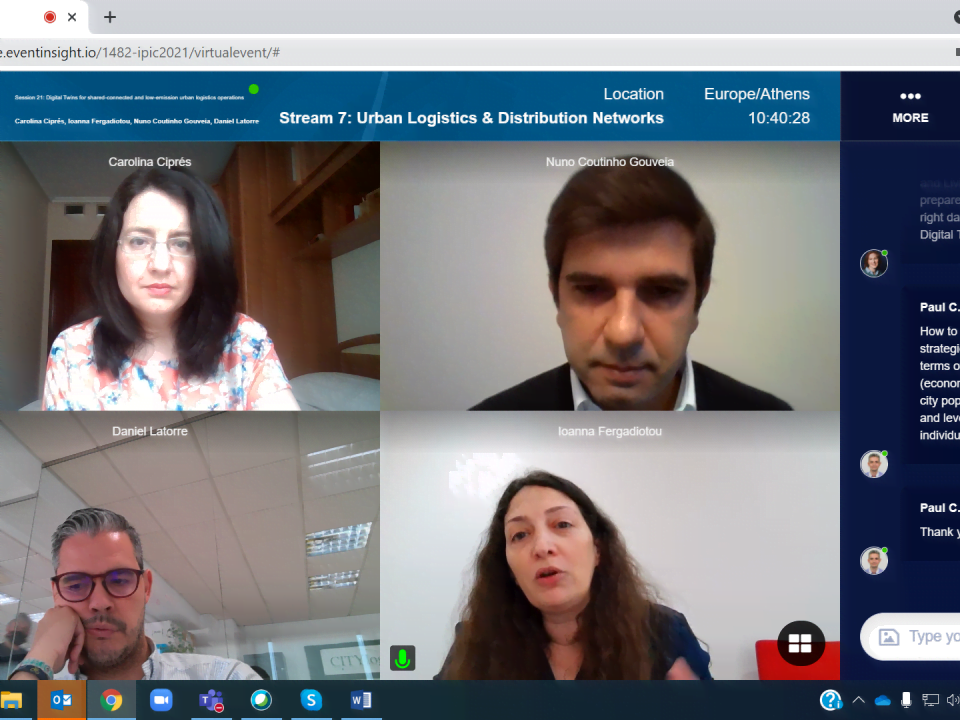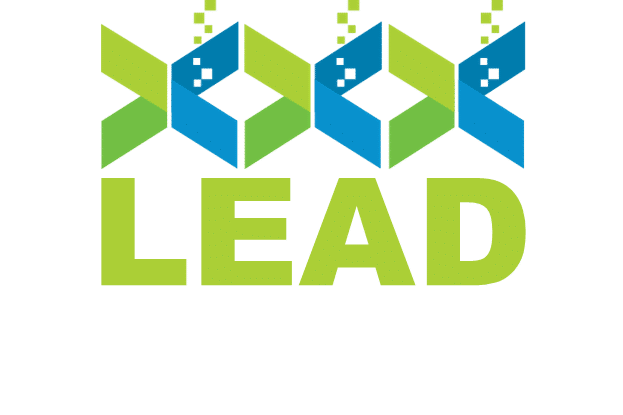LEAD at the IPIC2021 conference: Digital Twins to apply the Physical Internet concept!
The increasing shift to on-demand logistics is putting a strain on last-mile delivery systems, with challenges to accommodate consumer demands and remain competitive, while striving to become more sustainable.
To minimise the negative impacts of this phenomenon, the EU funded LEAD project is creating Digital Twins of urban logistics networks in six cities (Living Labs), digital replicas of a complex real-world urban environment that represents different processes, actors and their interaction.
On 16 June 2021, the LEAD session at the International Physical Internet Conference (IPIC2021) conference, moderated by the LEAD technical coordinator Ioanna Fergadiotou (INLECOM) delved into the experiences of three LEAD partners, which are developing solutions to address the challenges affecting on-demand city logistics, through collaborative activities in local Living Labs: CityLogin, SONAE and Zaragoza Logistics Center.
Here some key messages from the speakers:
Nuno Coutinho Gouveia, Senior Project Manager, SONAE MC: “The LEAD project is aligned with our global strategy: we have a commitment towards our local community, and environmental impact and we are now working on embedding the Physical Internet concept into our strategic decisions. With this kind of project, we have the opportunity to collaborate with great partners all over Europe, and at the same time, we are more competitive because we are applying the Digital Twins models to simulate and test the best options for us in the near future. LEAD helps us boost innovation considering economic, social and environmental sustainability.”
Daniel Latorre Recio Director of Development, CityLogin Iberia: “CityLogin is going to test different operational and business models, in close collaboration with the city of Madrid and the public transport agency, EMT. The added value of this project is the creation of the Community of Practice, and the consequent possibility of engaging with your local community and validating environmental and social KPIs with local citizens associations, etc. It is key to onboard the public to understand each other’s needs and views. The access to more and diverse data gives the possibility to develop a more comprehensive strategy.”
Carolina Ciprés, Director of Research, Zaragoza Logistics Center (ZLC): “It is exciting to see how local Communities of Practices are taking shape. This step is essential to start any Living Lab, so the advice I would like to give is that it is never too early to start engaging stakeholders and citizens to raise awareness and co-create innovative solutions. We are now building the Digital Twins models and starting the demos, so stay tuned!”
The presentations and recordings are available here

